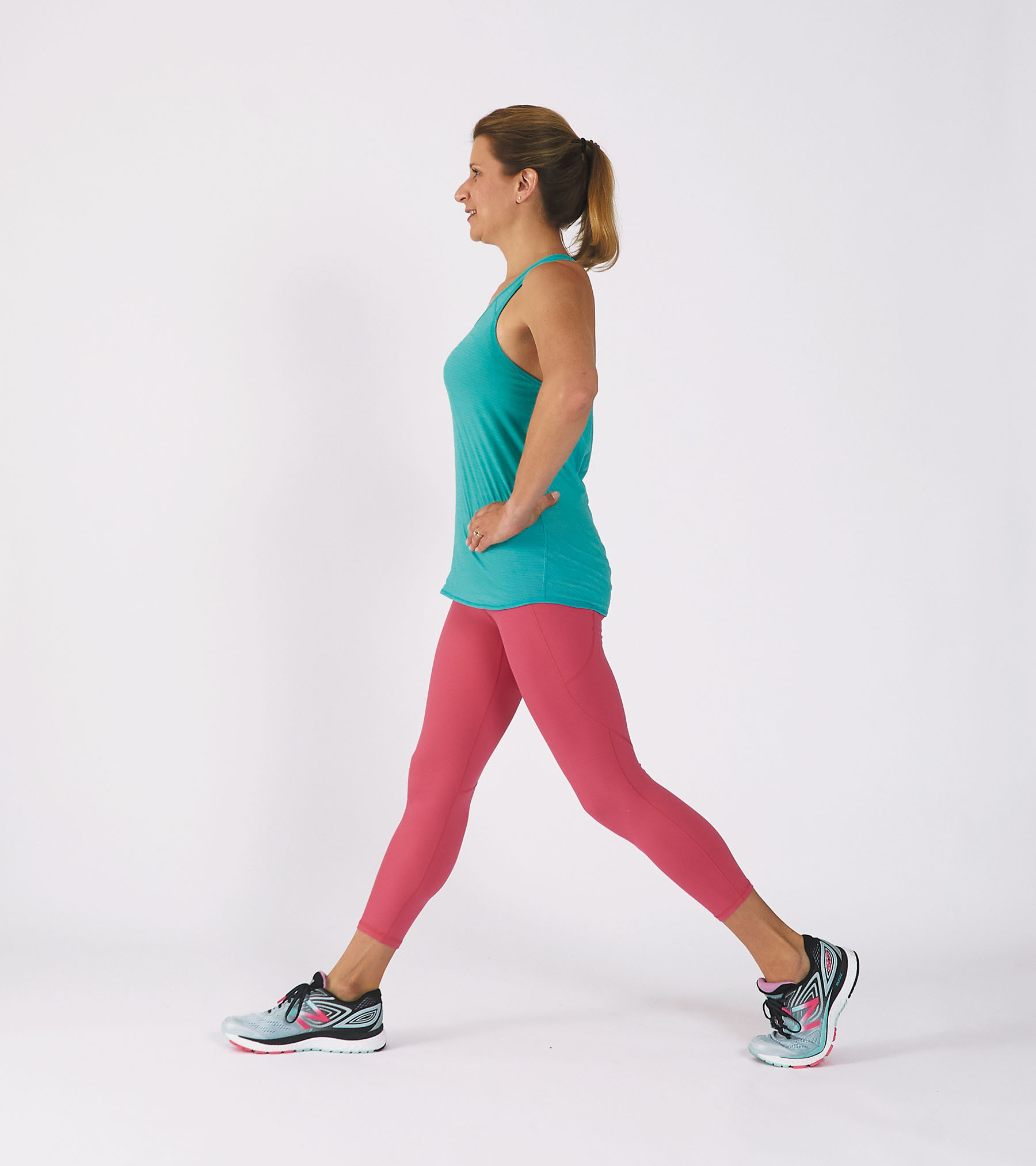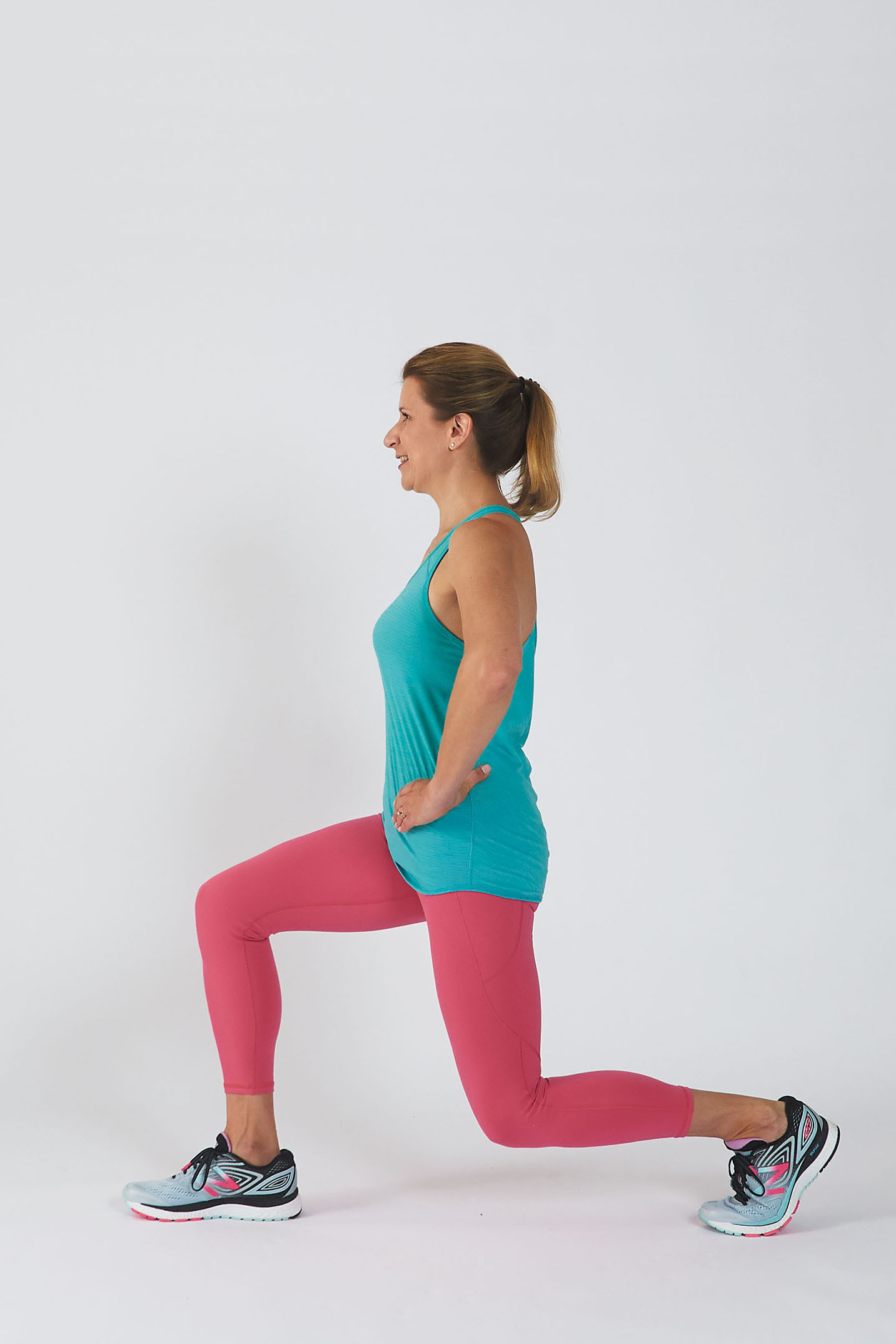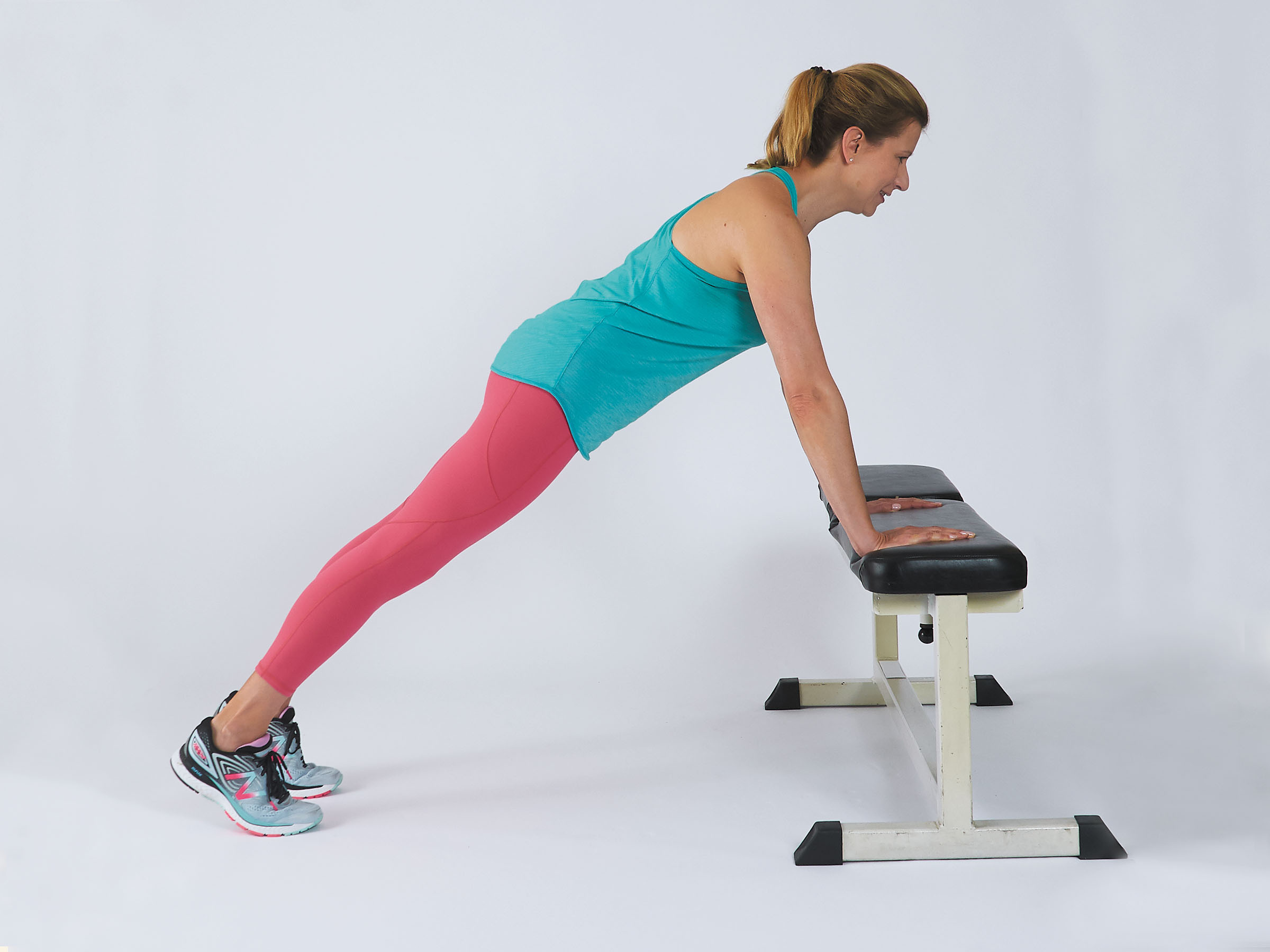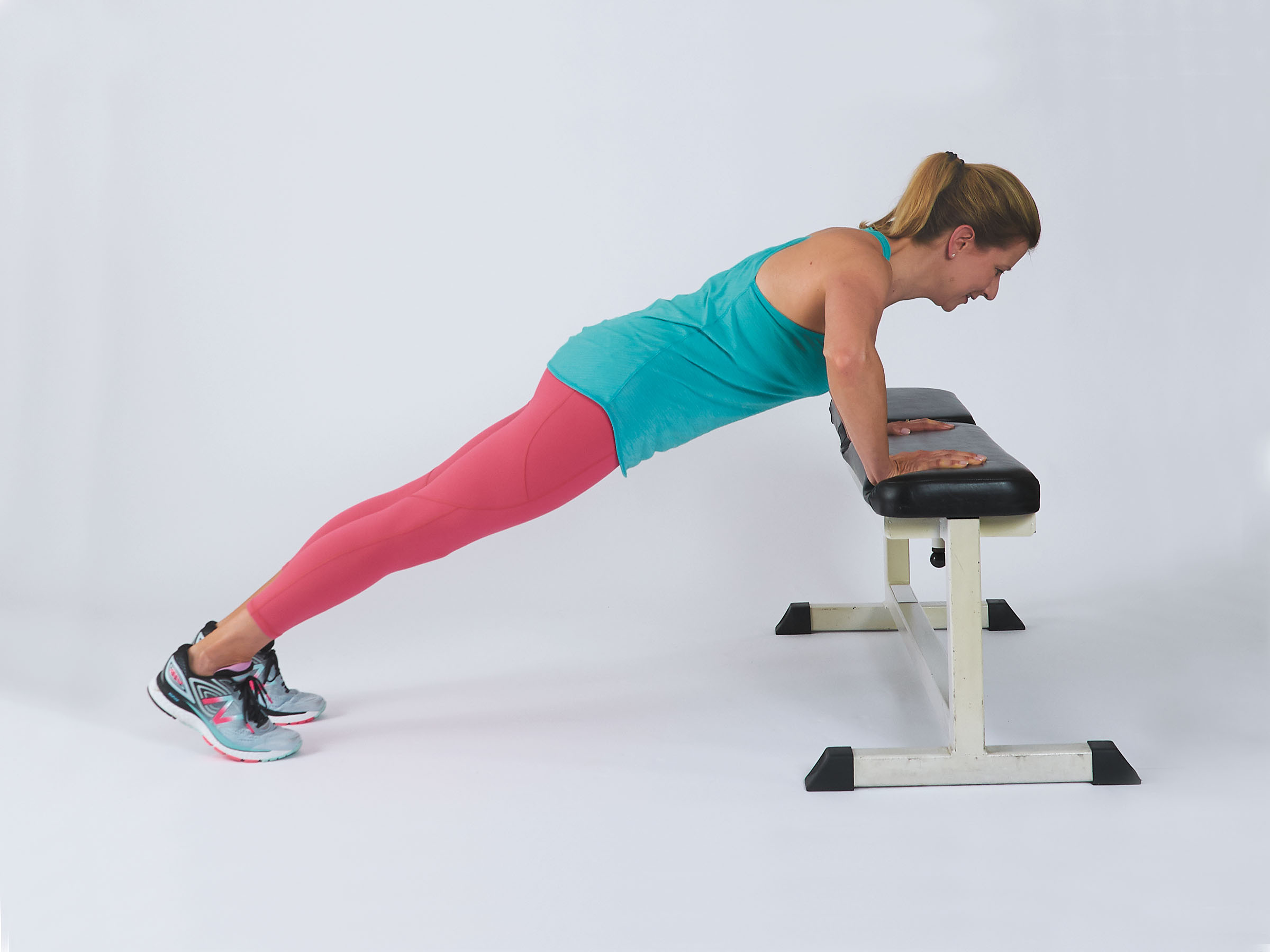Stronger body, healthier heart?
Spending as little as half an hour each week on strength building exercises is linked to a lower risk of premature death from heart disease.
- Reviewed by Deepak L. Bhatt, M.D., M.P.H, Former Editor in Chief, Harvard Heart Letter

If you're in the habit of doing a 20- to 30-minute brisk walk or other moderate exercise most days of the week, that's fantastic. But a lot of people neglect the recommendation in the federal Physical Activity Guidelines for Americans to do muscle-strengthening exercises at least two days a week. While the guidelines don't suggest a specific amount of time to spend on this effort, evidence from a new study suggests that 30 to 60 minutes per week is a good goal.
Published Feb. 28, 2022, in the British Journal of Sports Medicine, the study pooled data from 16 earlier studies to explore how different types of exercise might affect longevity and the risk of dying from heart disease or other health conditions. Compared with people who did no strength training, those who did a half-hour to one full hour of muscle-building exercises per week had a 10% to 17% reduction in the risk of early death, the researchers found.
Strength training benefits
Strength training improves health problems that contribute to heart disease risk, says Dr. Beth Frates, clinical assistant professor of physical medicine and rehabilitation at Harvard Medical School. "In one of the long-term studies included in this analysis, researchers found that regular strength training lowered the risk of high blood pressure by 32% and the risk of metabolic syndrome by 29%," she says. People with metabolic syndrome have at least three of these five problems: obesity, high blood triglycerides, low HDL (good) cholesterol, high blood pressure, and high blood sugar.
Don't assume you need to join a gym or buy weights to boost your strength. Body-weight exercises, in which you use your body itself as a weight, can be an especially convenient way to build muscle strength. They include challenging exercises such as pull-ups and planks, but also less intense ones, such as lunges and modified push-ups (see photos below for examples).
Exercises you can do anywhere
"You can do body-weight exercises practically anywhere — in the kitchen waiting for water to boil, in your living room watching your favorite show, or at the park watching your grandkids play," says Dr. Frates. Ideally, you should try to hit all the major muscle groups in your legs, hips, back, abdomen, chest, shoulders, and arms.
If you're new to this type of exercise, it's best to find a supervised program through a senior center, at a health club, or with a physical therapist — to learn proper form, which is key to avoiding injury. Check with your doctor first if you have heart disease.
Stationary lunge

Starting position: Stand up straight with your right foot one to two feet in front of your left foot, hands on your hips. Shift your weight forward and lift your left heel off the floor.

Movement: Bend your knees and lower your torso straight down until your right thigh is about parallel to the floor. Hold for a second, then return to the starting position. Try to do eight to 12 on each side, then repeat with your left foot forward. This completes one set. As you're able, aim for two to three sets, with a 30- to 90-second rest in between.
Bench push-up

Starting position: Place your hands shoulder-width apart on a bench (or desk, chair, or step). Walk your feet back so your body is at a 45° angle to the floor and forms a straight line from head to heels. Your heels should be off the floor.

Movement: Bend your elbows out to the sides and slowly lower your upper body toward the bench until your elbows are bent about 90°. Hold for a second, then press against the bench and straighten your arms to return to the starting position. Try to do eight to 12, which counts as one set. As you're able, aim for two to three sets, with a 30- to 90-second rest in between.
Image: © xavierarnau/Getty Images; exercise photos by Michael Carroll
About the Author

Julie Corliss, Executive Editor, Harvard Heart Letter
About the Reviewer

Deepak L. Bhatt, M.D., M.P.H, Former Editor in Chief, Harvard Heart Letter
Disclaimer:
As a service to our readers, Harvard Health Publishing provides access to our library of archived content. Please note the date of last review or update on all articles.
No content on this site, regardless of date, should ever be used as a substitute for direct medical advice from your doctor or other qualified clinician.
















